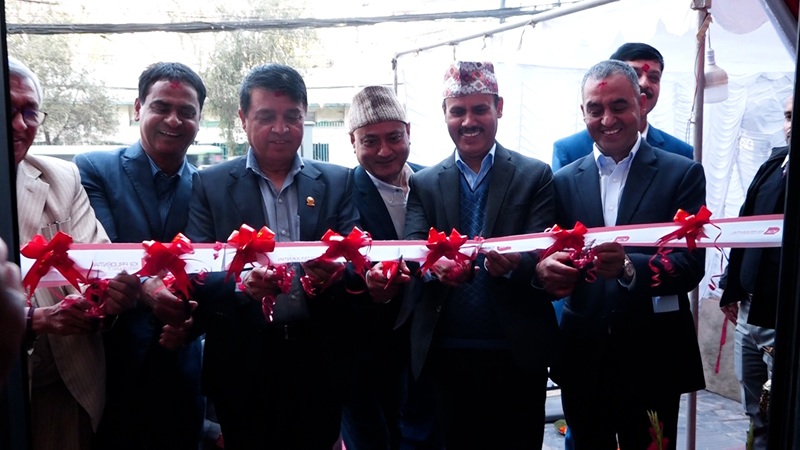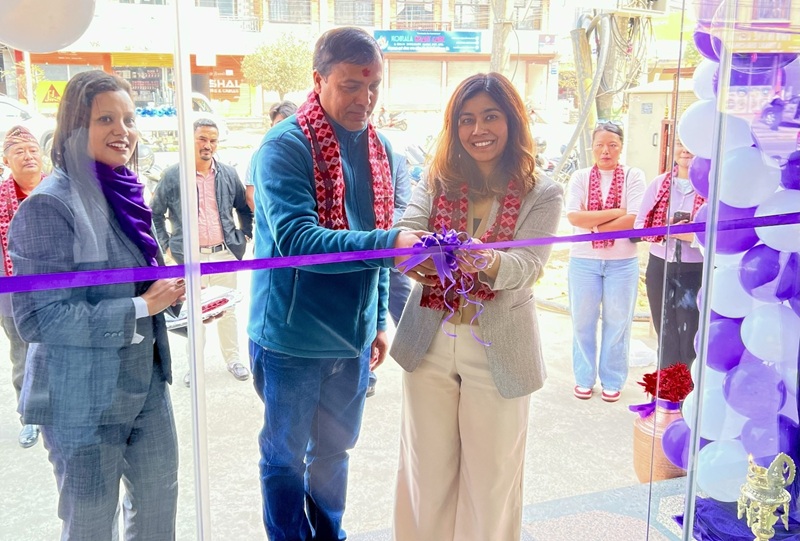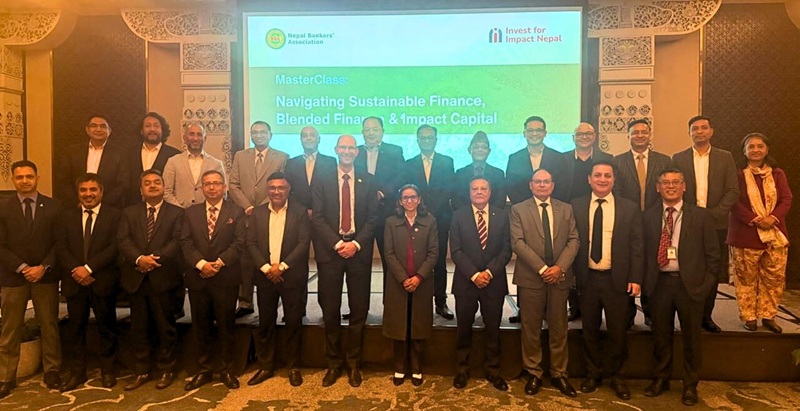Nepal Rastra Bank (NRB) Forms Banking Reform Committee: Dr. Rewat Karki to Lead
12th June 2025, Kathmandu
Nepal Rastra Bank (NRB) recently set up a three-member committee to recommend reforms for the banking sector. The bank gave the committee one month to submit a report with suggestions. This committee aims to create a more flexible and liberal banking system that can better serve Nepal’s economy.
NRB Forms Banking Reform Committee
Committee Formation and Members
The decision to form this committee came during an NRB board meeting on June 4, 2025 (Jestha 21, 2082). Although the committee has been formed, the members have not yet received official appointment letters.
Dr. Rewat Bahadur Karki, a former chairman of the Securities Board of Nepal and ex-NRB employee, leads the committee. Banker Bhuwan Dahal is another member. The committee’s member secretary is Guru Prasad Poudel, Executive Director of Nepal Rastra Bank.
Purpose and Expectations
The committee’s main task is to study the current banking system and suggest necessary reforms. It will focus on making banking regulations more open and efficient. The bank expects the report to help improve banking sector governance and performance.
Governor Dr. Biswo Nath Poudel has asked for the report within one month. The findings will likely influence the monetary policy for the next fiscal year. However, the committee’s focus remains mostly on regulatory improvements rather than monetary policy.
Why This Committee Is Important?
Experts say this is the first time NRB has set up a study committee involving both current and former officials. Usually, NRB conducts such studies internally with its research and development teams. This external committee shows the seriousness of the bank’s commitment to reform.
NRB has sufficient human resources and structures for policy research. Still, they chose this committee to bring fresh perspectives and detailed suggestions for banking reforms.
Key Areas for Reform
The banking sector in Nepal has faced many challenges. These include governance problems, compliance issues, and lack of operational flexibility. The committee will examine these areas closely.
Officials expect the committee to recommend changes in banking regulations that make the sector more competitive and responsive to market needs. The goal is to create a banking environment that supports financial inclusion and economic growth.
Timeline and Next Steps
The committee will submit its report before the next fiscal year’s monetary policy is finalized. After receiving the report, NRB will review the recommendations thoroughly.
Stakeholders, such as banks, regulatory authorities, and the government, will likely discuss the proposed reforms. Their cooperation will be crucial to successfully implementing the changes.
Background on Nepal’s Banking Sector
Nepal’s banking industry is growing but still faces many hurdles. Some banks struggle with poor governance and outdated rules. The NRB recognizes the need to modernize regulations and create a more liberal system.
Governor Dr. Biswo Nath Poudel stressed that reforming banking regulations will help banks better serve the economy. He believes a liberalized banking system will encourage innovation and inclusiveness.
Conclusion
This new committee marks a significant step for Nepal’s banking sector. Its recommendations could shape the future of banking regulation in the country. The banking community and the public will watch closely as the committee works on its report.







